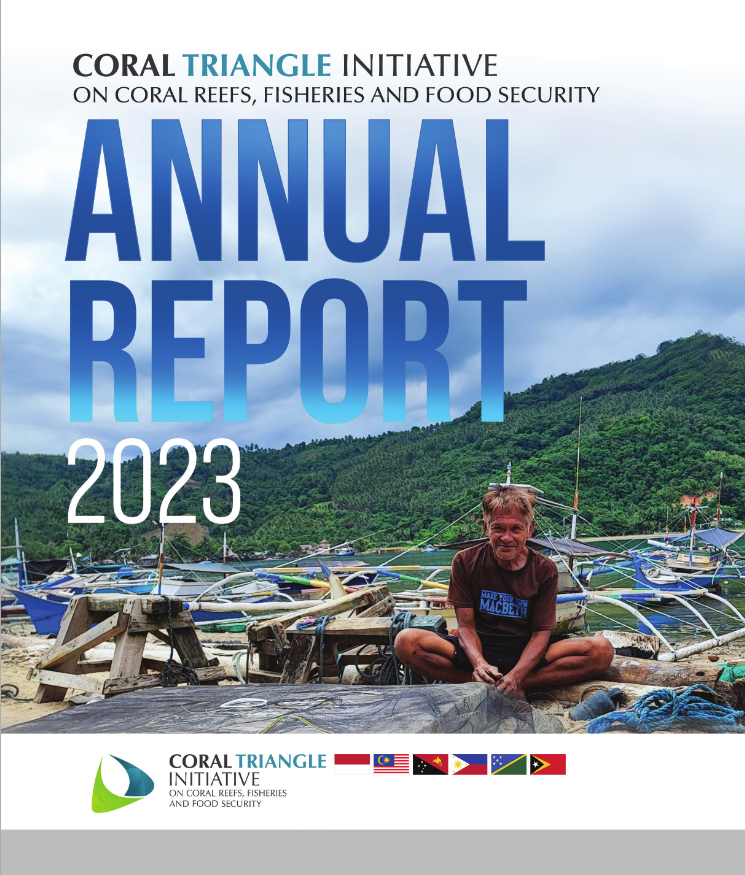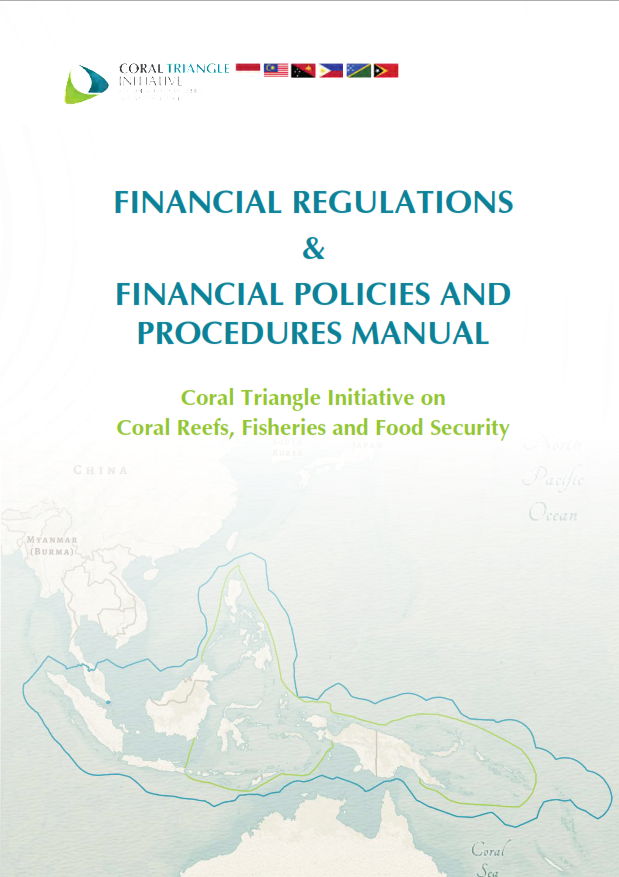CTI-CFF “A Model of Success,” Says World Economic Forum Report
The CTI-CFF takes center stage in the April 2014 edition of Green Light (external link), a publication of the World Economic Forum’s Global Agenda Council on Governance for Sustainability. Green Light, a monthly newsletter that aims to highlight promising economic and environmental initiatives, cites the CTI-CFF as a “model of success.”
In the foreword, James Bacchus, the Council’s Chairman, also describes the Initiative as “an exceptional example of a bottom-up approach to governing environmental issues.”
The report includes an interview with Naoko Ishii, Chief Executive Officer and Chair of the Global Environment Facility, who identified the following key features of the CTI-CFF that are essential to programs involving diverse stakeholders:
- Political commitment – Political commitment “at the most senior level” has enabled the CTI-CFF to establish a governance framework in a relatively short time. “This is the one really decisive factor that is driving the agenda forward,” said Ms. Ishii. Political commitment also helps create a joint framework that benefits the different ministries of government and encourage them to work together where normally they would be “putting silo interests above everything else,” she added.
- Multi-stakeholder involvement – “It’s not only national governments that are involved – with political leadership driving the agenda forward from the top – but also local governments and local communities, as well as the private sector and academia,” Ms. Ishii noted. “What is created is a platform for all the diverse and important stakeholders.”
- Moving from macro planning to concrete steps on the ground – Ms. Ishii said the CTI-CFF has demonstrated that “if the right structures are in place and there is a body with political leadership . . . national programmes can be linked to a regional plan and can be effective.”
- Private sector involvement – The CTI-CFF’s effort to install governance mechanisms to engage with the private sector is “key to make these communities behave in their long-term rather than short-term interests,” said Ms. Ishii.
The report also noted the importance of “uniting factors” and the use of technology in building collaborative partnerships. It takes special note of two technology-driven programs that were developed for the CTI-CFF by the U.S. CTI Support Program, namely the CT Atlas (external link) and Solomon Islands’ “Hapi Fis, Hapi Pipol!”. Data from the two programs feed into the official CTI-CFF Monitoring and Evaluation System, facilitating the monitoring of progress made towards the CTI-CFF goals.
“It is very important to adopt a clear monitoring and evaluation system for the region, especially as each donor wants to be sure their contribution is producing results,” said Ms. Ishii.



